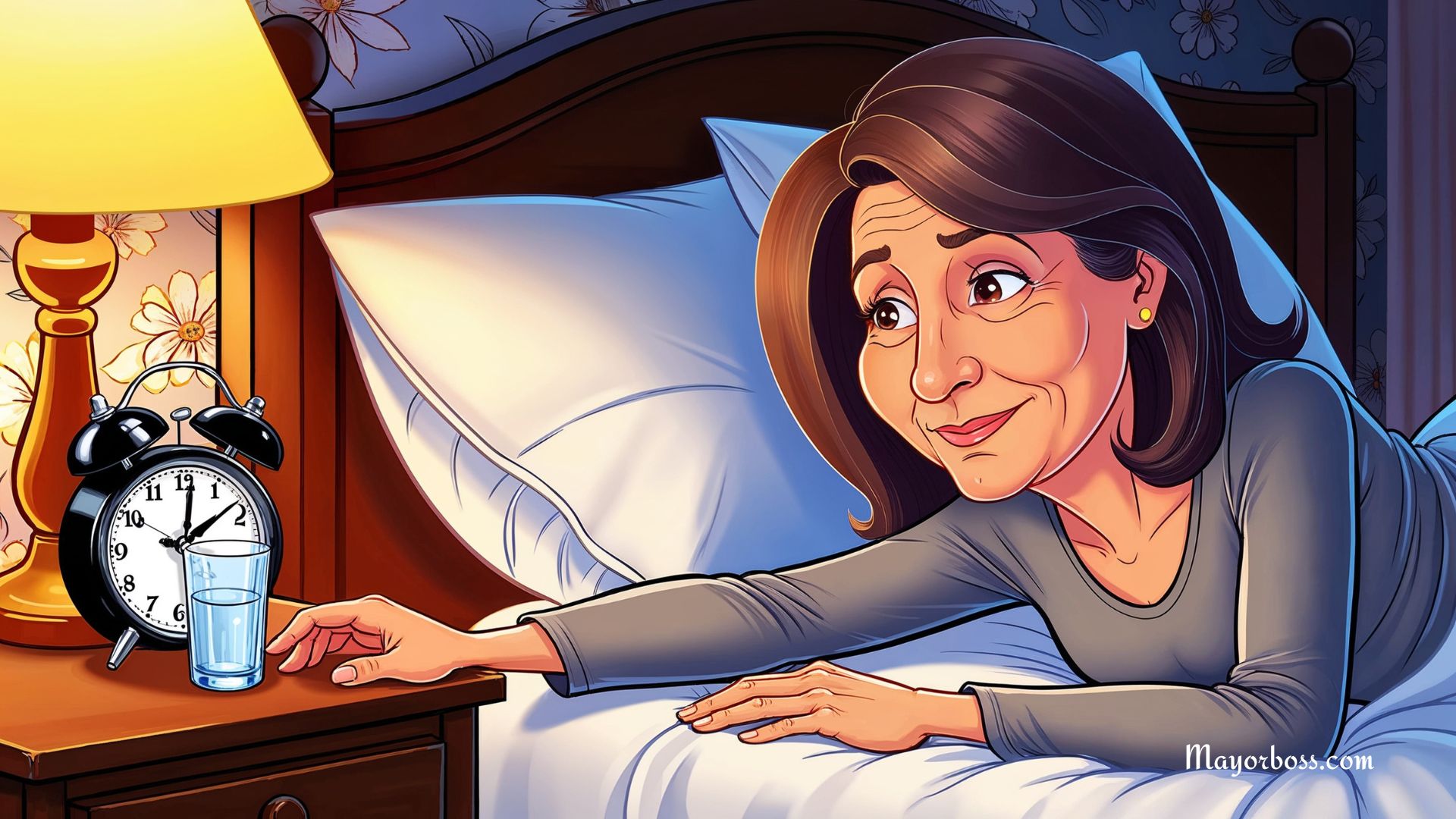10 Signs of Dehydration
In particular, this article aims to discuss the ten significant signs of dehydration. Specifically, understanding these signs can be beneficial, especially when it comes to taking the necessary steps to rehydrate and maintain your overall health.
Signs of Dehydration
1. Excessive Thirst
Thirst is the most basic sign of dehydration.
Because according to scientific research, when your body lacks enough water, it sends signals to your brain to stimulate thirst.
Hence, if you’re constantly feeling thirsty, this might be a sign of dehydration. But this sensation shouldn’t be taken lightly.
2. Decreased Urination
Another crucial sign of dehydration is decreased urination.
In case you are wondering, a hydrated person usually urinates about four to seven times a day.
Thus, if you realize that you’re urinating less than usual, it could be a strong indication of dehydration.
3. Dark-Colored Urine
Aside from decreased urination, the color of your urine can also provide good reasons to suspect dehydration.
Doctors consider dark-colored urine as a clear indicator that your body needs more water.
For instance, due to dehydration, your body holds onto the water it has, thereby making your urine more concentrated and darker.
4. Dry Mouth, Lips, and Tongue
A dry mouth, lips, and tongue are common symptoms of dehydration.
In fact, these are usually the initial symptoms that many people notice.
This is because your body may limit saliva production in response to reduced water levels.
As well as being uncomfortable, a persistently dry mouth can lead to further oral health issues if not addressed.
5. Fatigue and Dizziness
Fatigue and dizziness are especially significant signs of dehydration.
This is really important because our bodies need water to function optimally.
Therefore, when we’re dehydrated, we may feel tired or dizzy.
Some studies have suggested that drinking more water may help to alleviate these symptoms.
6. Headaches
Studies show that dehydration can lead to a headache or even trigger migraines in certain individuals.
Therefore, if you often experience headaches and consume less than the recommended amount of water, this may be an important sign of dehydration.
7. Dry Skin
In people with chronic dehydration, dry skin is often observed.
This is usually due to the fact that your skin requires adequate hydration to remain smooth and supple.
There’s evidence that drinking enough water can keep your skin hydrated and healthy.
8. Rapid Heartbeat and Breathing
Plus another alarming sign of dehydration is a rapid heartbeat or breathing.
This happens because your blood volume drops when you’re dehydrated, making your heart work harder.
That’s why people experiencing these symptoms should seek medical help immediately.
9. Confusion and Irritability
Dehydration can also lead to mental confusion and irritability.
Dehydration affects brain function, which further exacerbates these symptoms.
In fact, severe dehydration may even lead to delirium, a serious condition that requires immediate medical attention.
10. Sunken Eyes
Sunken eyes are a telling sign of severe dehydration.
People who are dehydrated may notice that their eyes look sunken or darkly circled.
This is due to the loss of elasticity and the decrease in fluid around the eyes.
What Should I Do?
If you notice signs of dehydration in yourself or others, here are some steps you can take:
- Increase fluid intake: Begin by drinking more water immediately. You can also consider sports drinks that contain electrolytes if the dehydration is due to excessive sweating.
- Rest: If the dehydration is severe or brought on by heat exposure, try to rest in a cool place. Over-exerting a dehydrated body can lead to more serious conditions like heat stroke.
- Eat hydrating foods: In addition to drinking fluids, eat foods with high water content, like cucumbers, watermelons, and oranges.
- Avoid dehydrating substances: Alcohol, coffee, and certain medications can exacerbate dehydration. If possible, avoid these until you’re fully rehydrated.
- Seek medical attention if necessary: If the symptoms are severe – like fainting, rapid heartbeat, or confusion – or if they persist despite taking steps to rehydrate, seek medical attention immediately.
Remember, it’s always best to prevent dehydration in the first place by drinking plenty of fluids, especially in hot weather or during physical activity.
Frequently Asked Questions
What causes dehydration?
Dehydration particularly occurs when you lose more fluids than you take in.
This can happen through excessive sweating, vomiting, diarrhea, or simply not consuming enough water during the day.
Some people may also become dehydrated due to certain medical conditions or medications.
How can I prevent dehydration?
Preventing dehydration primarily involves consuming enough fluids throughout the day.
This doesn’t just have to be water – beverages like milk, tea, and fruit juices also count.
However, it’s important to note that drinks with caffeine or alcohol can actually increase fluid loss.
In hot weather or during physical activity, make sure to drink more to compensate for increased sweat loss.
Can dehydration have long-term effects?
In general, if treated promptly, dehydration doesn’t lead to long-term effects.
However, severe or chronic dehydration can cause complications such as kidney stones, urinary tract infections, and in rare cases, damage to the kidneys.
It’s always best to prevent dehydration or treat it promptly to avoid these complications.
When should I seek medical help for dehydration?
Seek immediate medical help if the person with signs of dehydration becomes very sleepy or confused, is not able to stand or walk, has a rapid heart rate or breathing, or experiences fainting.
Children, the elderly, and people with chronic illnesses are more at risk and should be closely monitored for signs of dehydration.






